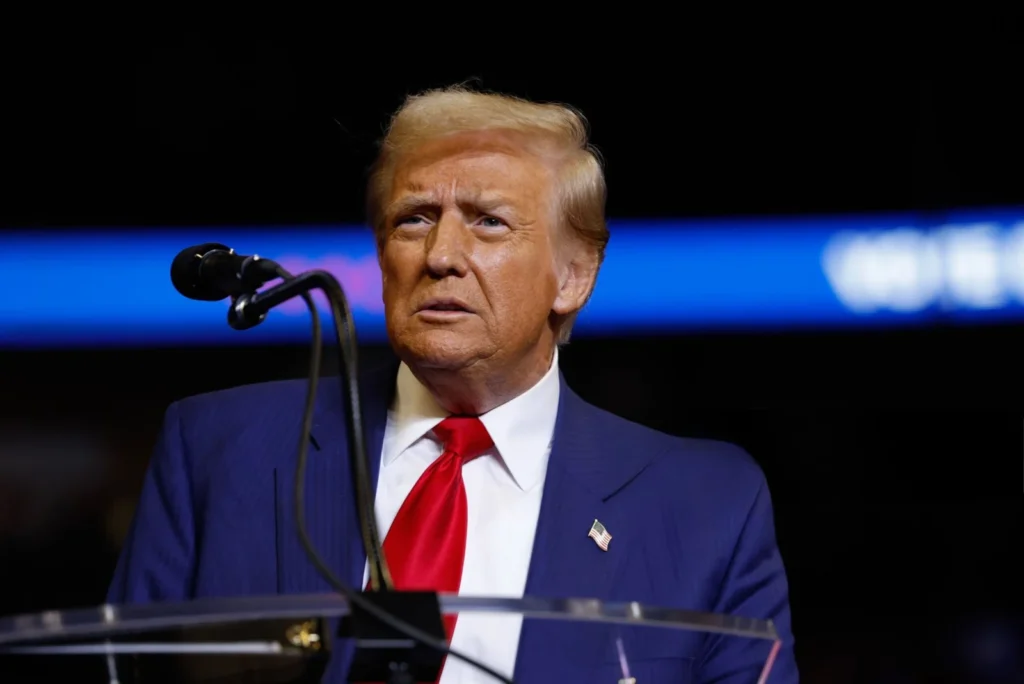The Supreme Court has denied Donald Trump’s appeal to postpone his sentencing in the hush money case, allowing proceedings to move forward on Friday, just ten days before his inauguration.
Supreme Court Upholds Lower Court Decisions
Trump’s legal team argued that the timing of the sentencing could harm his public image ahead of his inauguration. However, the Supreme Court ruled that the proceedings would not interfere with his ability to assume presidential duties.
The justices emphasized the symbolic nature of the sentencing, with the presiding judge suggesting Trump may receive an “unconditional discharge,” confirming his guilt but imposing no penalties.
Details of the Hush Money Case
The case involves a $130,000 payment to adult film actress Stormy Daniels during the 2016 campaign, which Trump allegedly approved to gain an electoral advantage.
In May, a New York jury convicted Trump on 34 felony counts of falsifying business records related to the payment, marking the first criminal conviction of a former U.S. president.
Trump disputes the verdict, claiming presidential immunity. However, the court ruled that immunity does not apply to actions taken before his presidency, stating the payments were made as a private citizen.
Trump’s Legal Strategy and Future Challenges
Trump’s legal team plans to escalate the case to higher courts. Despite the conservative majority in the Supreme Court, which Trump helped establish, legal experts note that the court’s decisions in this case could shape future interpretations of presidential immunity.
China’s Participation in Trump’s Inauguration
In a rare diplomatic gesture, Chinese President Xi Jinping is sending a high-ranking envoy to Trump’s inauguration on January 20.
According to reports, Vice President Han Zheng or Foreign Minister Wang Yi will represent China and meet with Trump’s transition team. This visit could mark an opportunity for early diplomatic discussions amidst strained U.S.-China relations.
While largely ceremonial, the envoy’s presence signals a potential shift in geopolitical dynamics and an effort to open strategic dialogues.
